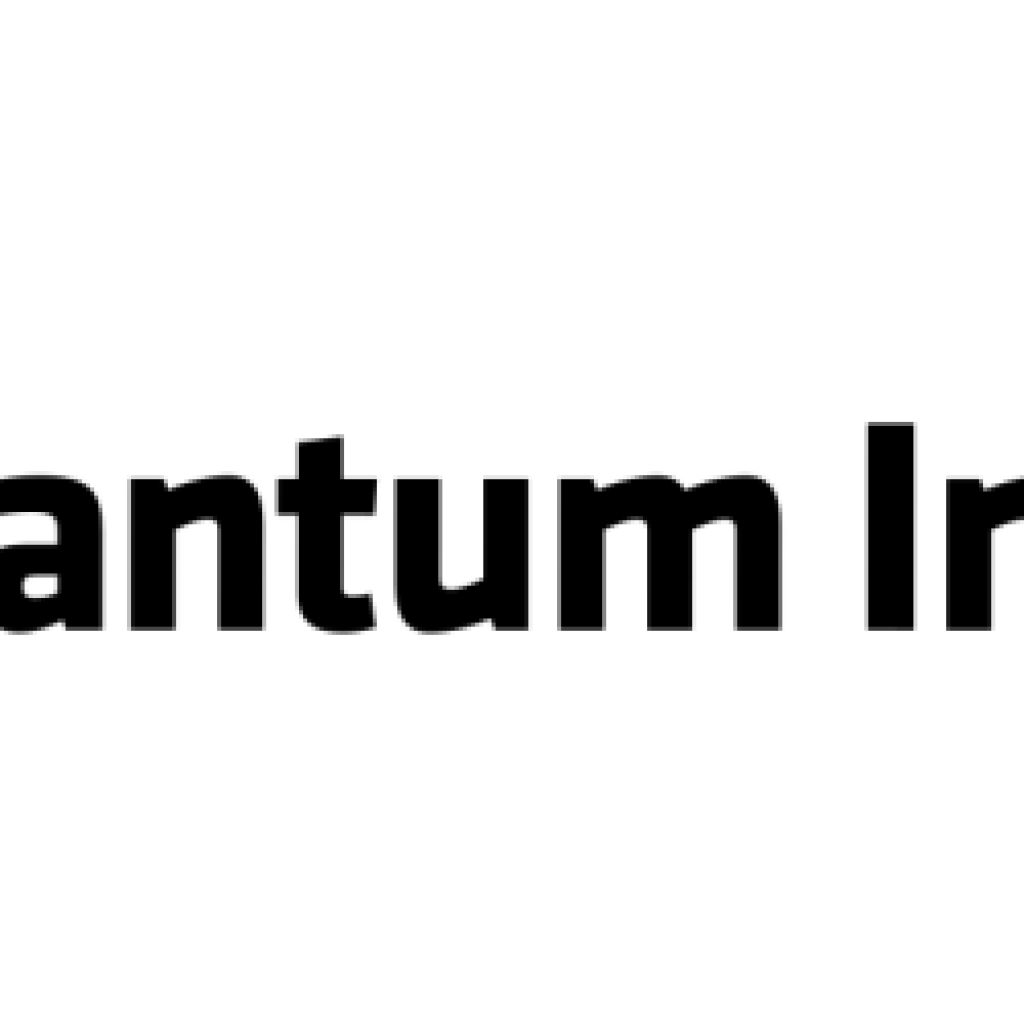(MirageNews) The ultimate platform to connect quantum computers to society is the internet. Online access to quantum technology allows society and industry to come to grips with the counterintuitive aspects of quantum mechanics and to explore the potential of quantum algorithms. In the Netherlands, QuTech, a joint initiative by Delft University of Technology (TU Delft) and the Netherlands Organisation of Applied Scientific Research (TNO), has taken first steps to develop the first European quantum computer in the cloud, named ‘Quantum Inspire’.
Quantum Inspire will cover all aspects of quantum computers: from the basic hardware to control quantum bits, to high‐level languages, quantum algorithms and interfaces to program quantum bits. The full system will be made available in the cloud, meaning that users can run and program the system 24/7. Leiden University contributes to the project with ‘Quantum Rules!‘ and ‘Applied Quantum Algorithms (aQa)‘. Quantum Rules! will bring the quantum world to pupils and their teachers of the pre-university high-school level. The aQa initiative will explore how a quantum computer can enhance artificial intelligence in the context of ‘quantum machine learning’.
This is a joined project from a consortium of 14 knowledge institutes: Delft University of Technology, Leiden University, Radboud University, HAS University of Applied Sciences, Qutech, TNO, Waag, Ministry of Defence, Malmberg, Zurich Instruments, Education Network South-Holland (ONZ) and Leiden University Graduate School of Teaching (ICLON).
Quantum Inspire – The First European Quantum Computer in The Cloud
